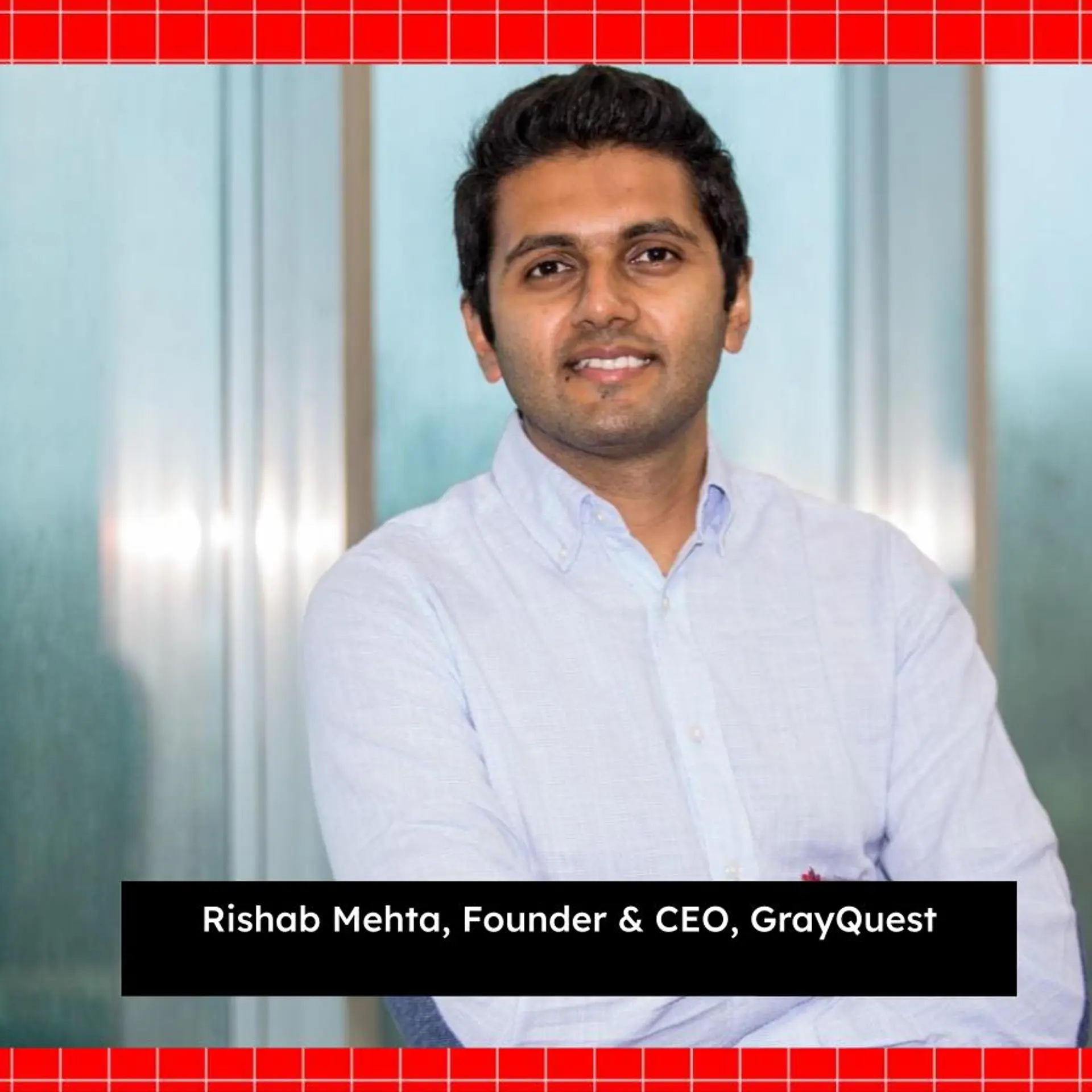IAS Dr Rashmi Singh on making women count as active participants in the nation's growth and more
Dr Rashmi Singh, IAS and a changemaker in public service, emphasised the need for a feminine style of leadership to shape a better development discourse and gender-sensitive planning at the HerStory Women on a Mission Summit 2022.
Speaking at the HerStory Women on a Mission summit, Dr Rashmi Singh, IAS (Indian Administrative Services) and Executive Director, National Mission for Empowerment of Women at Ministry of WCD (Ministry of Women and Child Development), Government of India, highlighted why it’s important to tell women’s stories.

Recalling an incident when she ventured to meet the woman serving as the Gram Panchayat Pradhan (‘Mukhiya’ in Bihari) in Bihar’s Sasaram village, her marital home, she said, “It was 26th January and the Pradhan hoisted the national flag. I told her husband and her son accompanying her, ‘Well, it's really nice to see that she's able to now come out and hold her head high in the kind of place which many people would envy’. They replied, ‘Yes, we will make sure that she's able to come to the Gram Panchayat on 15th August and 26th January’. So that got me thinking how somebody else is still deciding for her.”
The Pradhan had never gone to school and probably never stepped outside home, so hers was an empowering journey. But the incident also lays bare the inherent irony even in a seemingly empowering journey wherein women’s leadership positions at the grassroot are still being defined by ‘proxy’ roles with them exercising little decision-making agency.
Similarly, in another such incident, a Gram Panchayat leader in Rajasthan told Rashmi that she visits the Gram Panchayat as and when she gets the time. “So, my question to her was when does she actually get the time, to which she replied, ‘actually never. Because I'm so busy with my household work’,” recalled Rashmi.
There are paradoxes as on one hand, women are working as homemakers and probably contributing to the economy in their own way. It's the care economy. But it's also the “opportunity cost” of what the woman could have otherwise achieved if there was somebody else employed to do that care work. “Do we really make women's work count?” asked Rashmi.
The discourse beyond dole
On a positive note, the IAS officer pointed out a significant shift shaping the discourse of women’s empowerment today — that of women emerging as active stakeholders rather than being passive recipients of dole. “This kind of a shift is very important in terms of the entire psychology of how we're looking at women's empowerment as a whole. The discourse has now changed from that of welfare or dole to making women really count as active participants in the nation's growth, and not just for their family,” highlighted Rashmi.
She also added how her being an officer, a bureaucrat, a civil servant, a changemaker in public service and that too in the Indian Administrative Services, offers her a lot of opportunity to influence things for the better.
But how did she come here? “You (women) might find challenges across different times of your life cycle. I think perseverance has to be the driving force. When we see women are in a position to contribute, I also feel that women are in a position not only to lead their own life, but also to be able to lead those around them and to be able to shape a discourse, which in my view is a feminine style of leadership,” said Rashmi, leaving a message for women looking to join public service.
We live in a time defined by a lot of stress, anxiety and competitiveness. “This has to be countered by something which is more peaceful and a world which is full of empathy, compassion and sensitivity, which women probably bring through their emotional quotient,” said Rashmi, adding that it is akin to a motherly instinct which isn’t necessarily limited to a woman, even a father could have a motherly instinct.
Shaping the future through gender sensitivity
Starting from fund allocation across schemes, which is addressed by the principle of “gender budgeting”, planning every programme, project and infrastructure has to focus on facilitating a gender-sensitive environment.
Gender equality isn’t a homogenous concept as women are not just homogeneous. The vulnerability of the girl child intersects with socio-economic conditions and cycles of disadvantage.
“Many people would say that equal opportunity can bring gender equality, but what we need is a more gender-sensitive approach to be able to make women access public services better,” highlighted Rashmi. The lack of access affects women in a disproportionate manner given deep-rooted inequalities.
“For example, public toilets are not gender-friendly. Schools do not have toilets for girls. Whether in Delhi or other states, these issues are now part of the discourse when planning the infrastructure of a school where providing adequate toilets for girls is prioritised. In Delhi schools, the major focus is to make the infrastructure not only student-friendly but also very gender-friendly,” emphasised Rashmi, adding how women’s safety in public spaces could be improved through the use of various technologies.
The mindset has to be shaped early on through a sustained “behavioural change” campaign, and boys have to be gender-sensitive from as early as possible. “This is possible through a gender-sensitive curriculum introduced in textbooks and the teaching methodology. Education plays a huge role in it,” she said.
Identity, respect and dignity, access to opportunities, being able to participate fully, and being considered as effective agents of change are the long-term goals of women’s empowerment, said Rashmi before signing off.
A shout out to the sponsors of Women on a Mission Summit 2022, an Initiative by HerStory, by YourStory - BYJU’S, the presenting partner, and other sponsors - Kyndryl, Sequoia Spark, Zilingo, Atlassian, Akamai, Freshworks for Startups, and Netapp Excellerator.

Edited by Ramarko Sengupta









